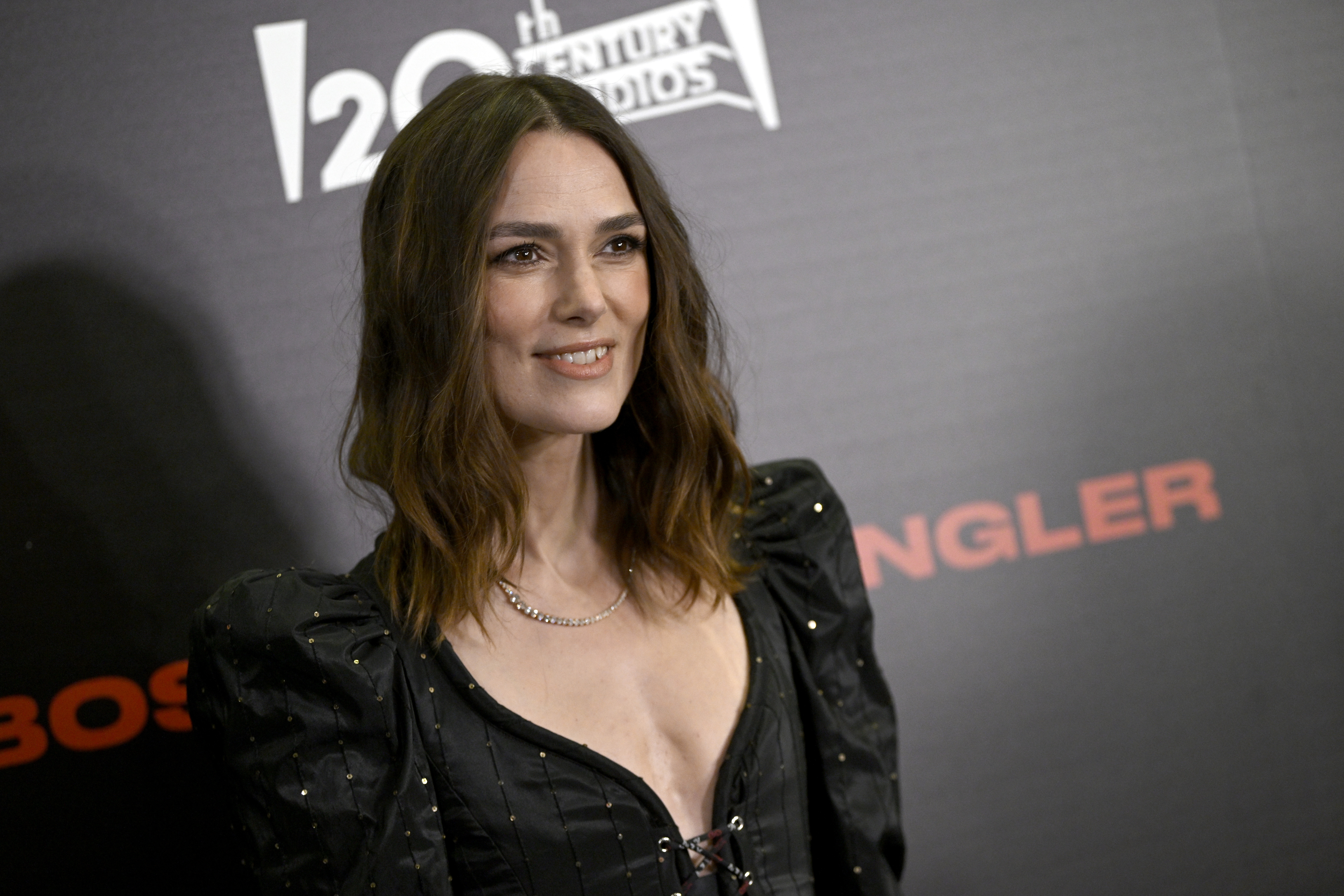
Originally appeared on E! Online
Keira Knightley is revealing the sobering realities behind the overnight fame she experienced at the start of her career.
"My jaw dropped at the time," Knightley told The Los Angeles Times of the treatment she received by the media in the early 2000s. "I didn’t think it was OK at the time. I was very clear on it being absolutely shocking."
"There was an amount of gaslighting to be told by a load of men that 'you wanted this,'" she continued. "It was rape speak. You know, 'This is what you deserve.' It was a very violent, misogynistic atmosphere."
The actress, 39, followed up her breakout role in 2002's "Bend It Like Beckham" with back-to-back appearances in "Pirates of the Caribbean: The Curse of the Black Pearl" and "Love, Actually," both of which she filmed at the age of 17 and were released when she was 18 in 2003.
She recalled that the overwhelming attention she received as a result crossed a line.
PHOTOS: Keira Knightley's Best Roles
"They very specifically meant I wanted to be stalked by men," Knightley explained. "Whether that was stalking because somebody was mentally ill, or because people were earning money from it — it felt the same to me. It was a brutal time to be a young woman in the public eye."
The "Atonement" star — who shares daughters Edie, 9, and Delilah, 5, with husband James Righton — didn't mince words as she went on to share her true feelings about what it really means to be famous as a young woman.
Feeling out of the loop? We'll catch you up on the Chicago news you need to know. Sign up for the weekly> Chicago Catch-Up newsletter.
"Social media has put that in a whole other context, when you look at the damage that’s been done to young women, to teenage girls," she said. "Ultimately, that’s what fame is — it’s being publicly shamed. A lot of teenage girls don’t survive that."
While Knightley is clear with how she feels about the effects of fame, the two-time Oscar nominee admitted, too, that her experience with it has also had its benefits.
"It’s very brutal to have your privacy taken away in your teenage years, early 20s, and to be put under that scrutiny at a point when you are still growing," she shared. "Having said that, I wouldn’t have the financial stability or the career that I do now without that period. I had a five-year period between the age of 17 and 21-ish, and I’m never going to have that kind of success again. It totally set me up for life."
Knightley added, "Did it come at a cost? Yes, it did. It came at a big cost. Knowing the cost, could I, in all good conscience, say to my kid, you should do that? No. But am I grateful for it? Yes. But then that’s life, isn’t it?"
The "Pride & Prejudice" actress credits the support system she had from those around her with allowing her to ultimately get through those difficult early years.
"I had a very stable family background. I always had friends and family that weren’t profiting from it," Knightley reflected. "They had no skin in the game. I had a separate life from the industry, and I’ve maintained that. That’s been very important."
As she explained, "If you don’t have that stability, and instead what you’ve got is a load of people who are making money off you, and they’ve got a vested interest in keeping you going, even if you need to stop, that’s a whole other scenario. I was supported and told that I was allowed to stop at any time."



